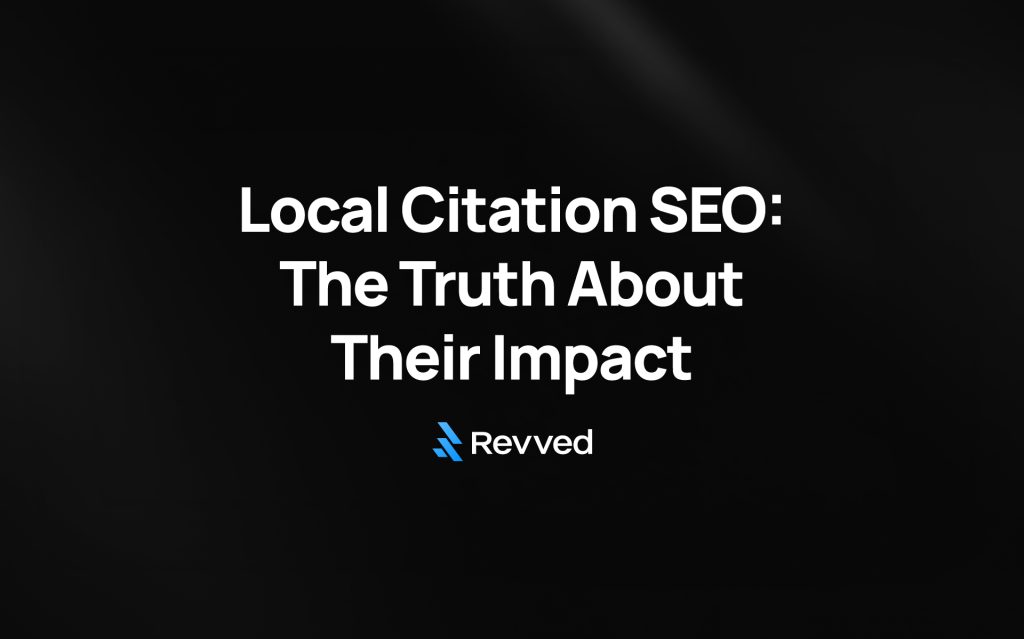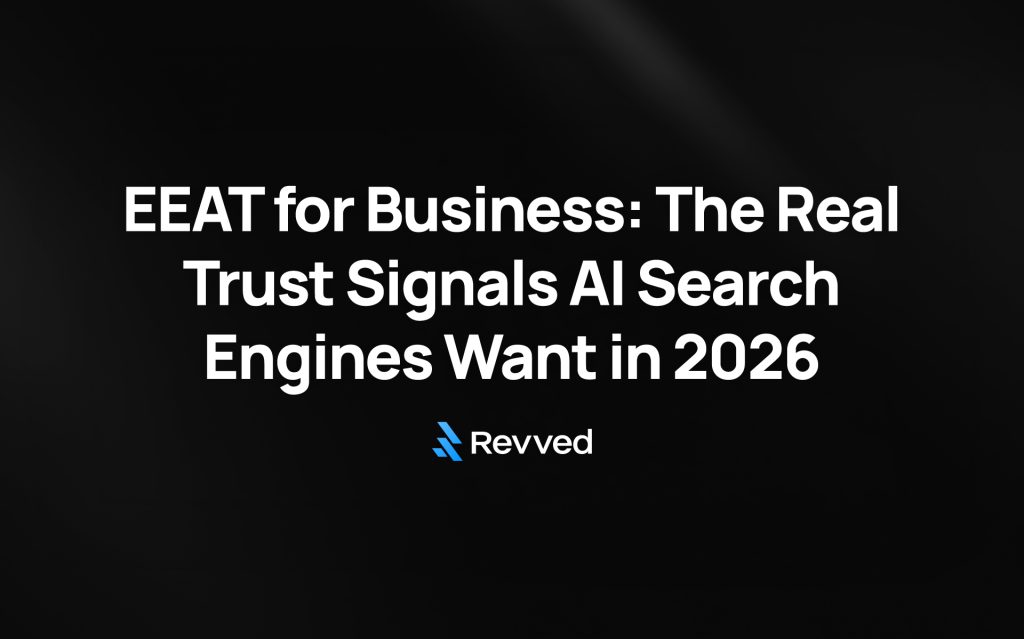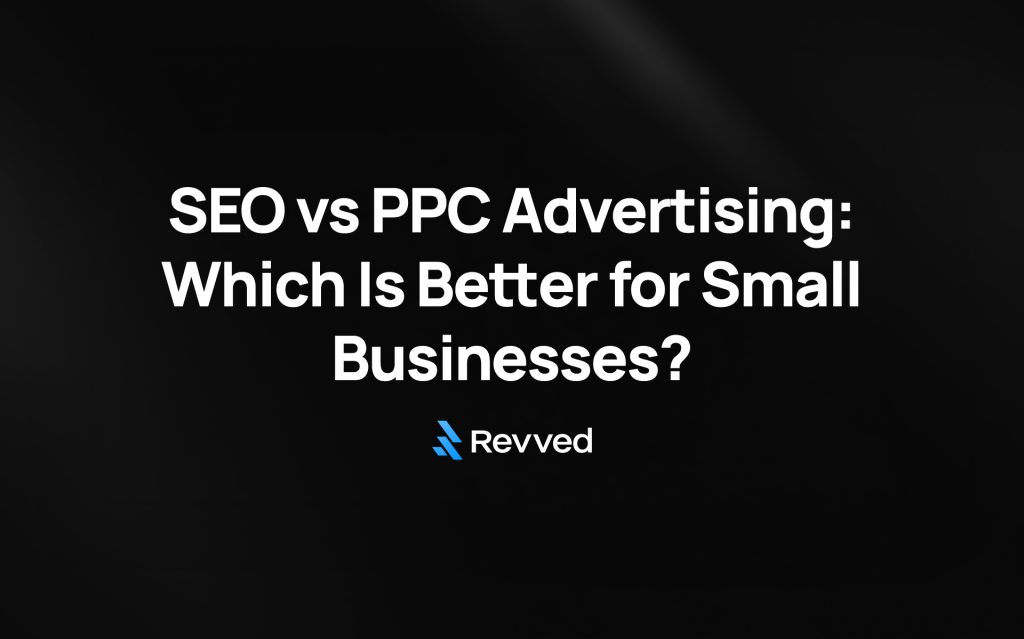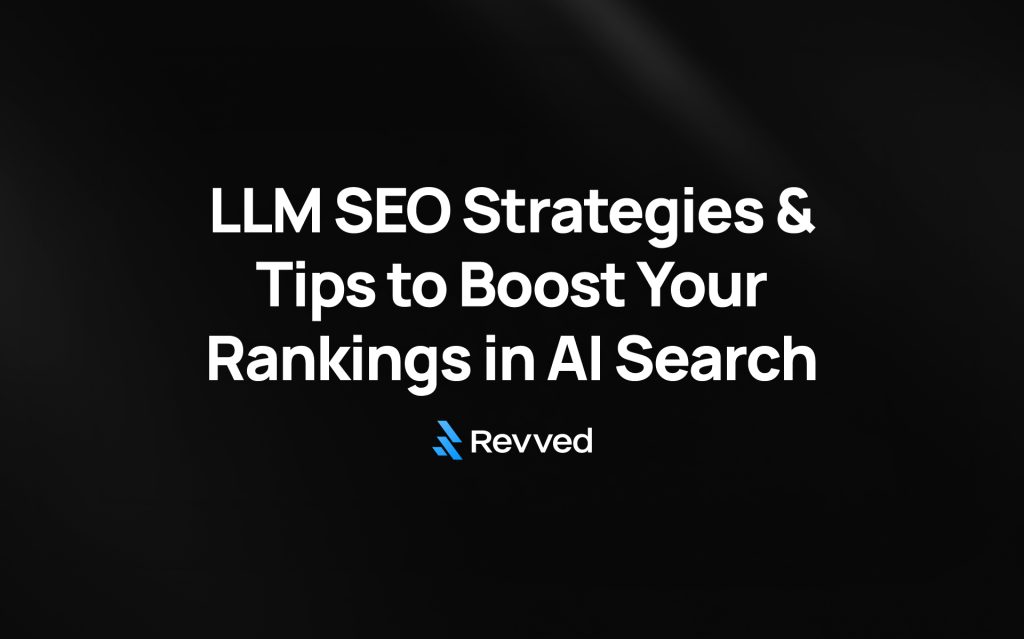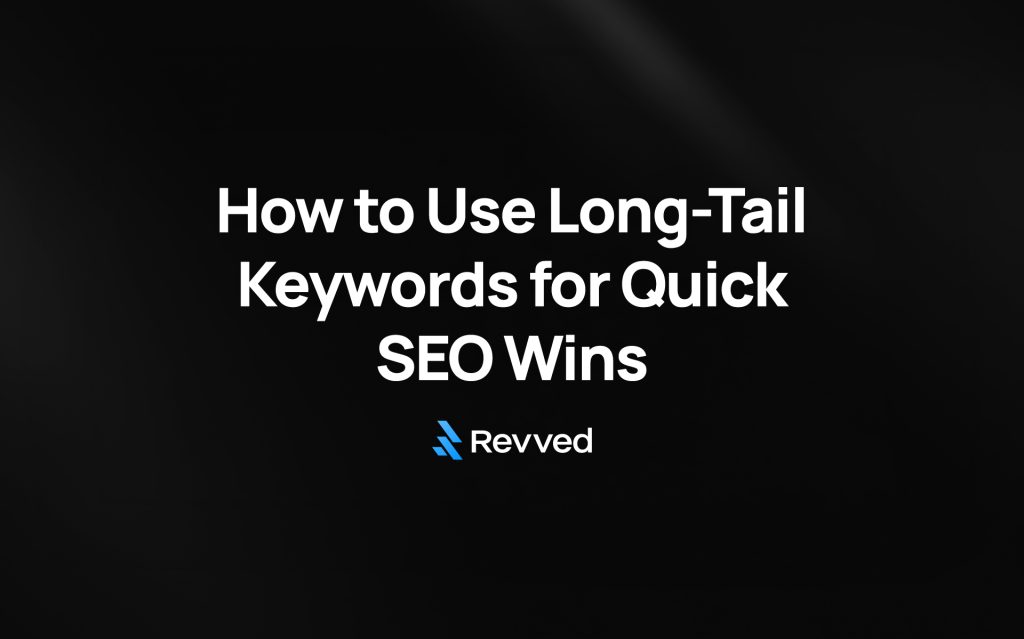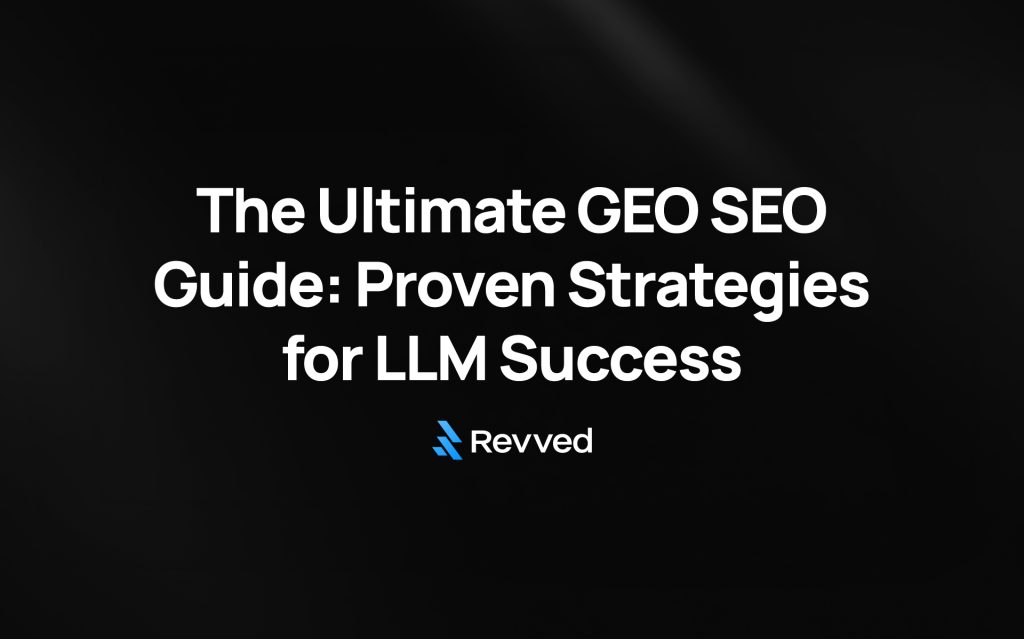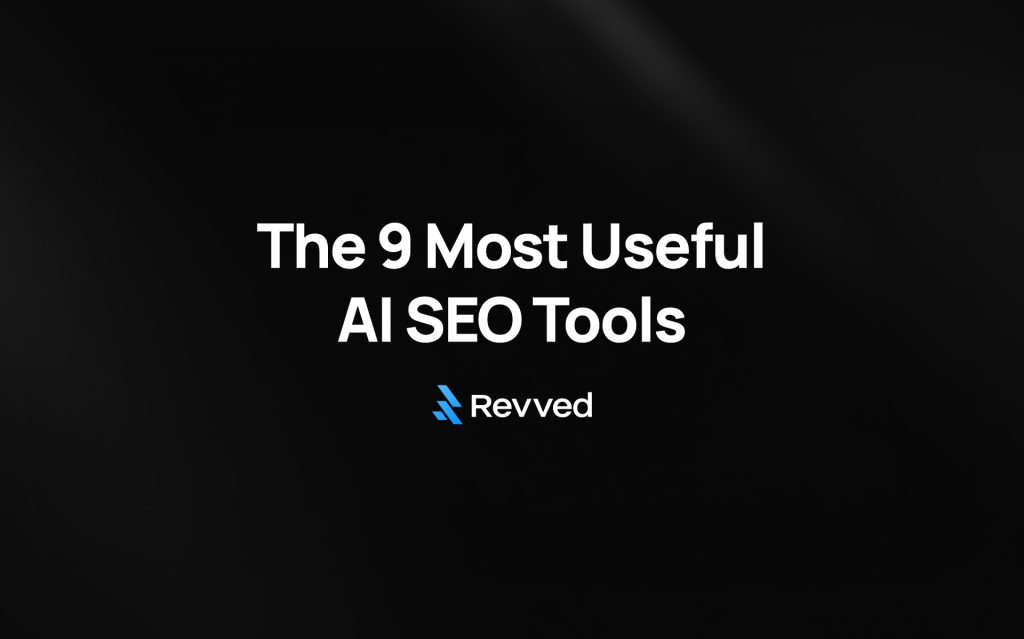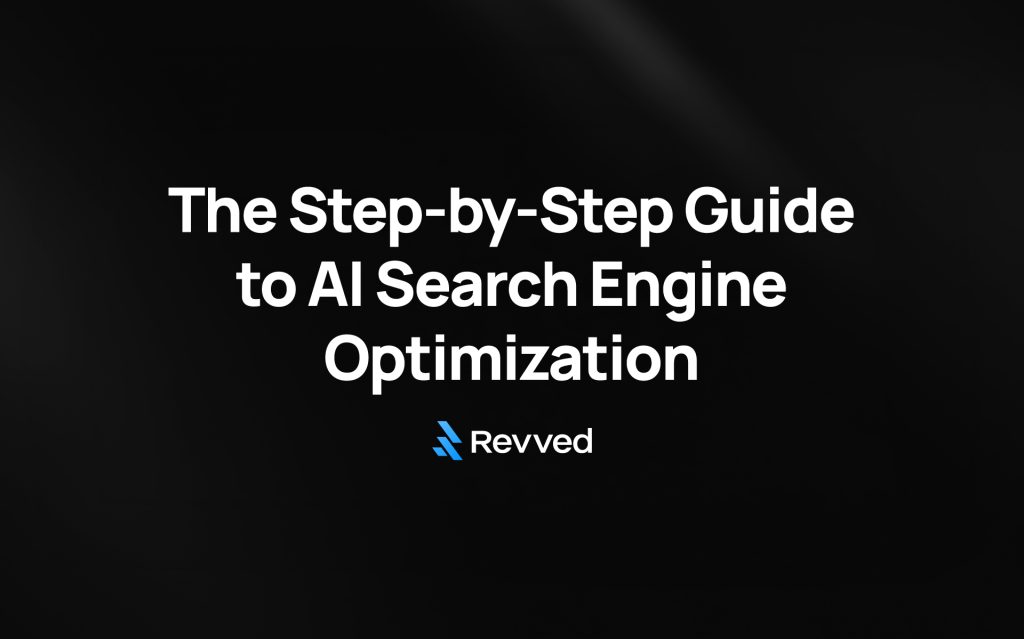Local citation SEO drives business visibility online in 2025. A foundational study by Uberall shows that proper citation building enhances visibility and conversion metrics. The data clearly demonstrates that citations still matter for your business.
Citations in SEO are mentions of your business information on the web that affect local search engine optimization in two ways: they build trust with search engines and provide geographic signals. Companies can improve their rankings in Google Maps and local search results through local citation building. Google utilizes citations as a ranking factor to evaluate business legitimacy and relevance. Local citations do more than boost rankings—they strengthen your business’s online presence, particularly in competitive local markets. Your ability to outrank competitors and attract local customers depends on understanding how local citations affect SEO performance.
What is Local Citation SEO and Why It Still Matters
Local citation SEO starts with learning what these digital footprints really mean. Let me show you why they play a vital role in your local search strategy for 2025.
Definition of local citations and NAP
Local citations happen when other websites mention your business’s key information. The core of any citation is your NAP data—Name, Address, and Phone number—which acts as your business’s digital fingerprint. These citations show up in business directories, apps, websites, and social media of all types.
Research proves citations rank as the fifth most important factor for local pack visibility and fourth for local organic search results. Businesses that appear on the first page of local search typically have 80 citations. The numbers vary by industry though – hotels average 152, dentists 107, and medical businesses 101.
What are citations in SEO vs local business listings
Business owners often mix up citations with business listings, but they’re not the same thing. Every business listing counts as a citation, but citations aren’t always business listings. Local business listings create detailed profiles on specific platforms, while citations can be any mention of your business online.
Business listings include detailed information like operating hours, descriptions, and customer reviews – making them a type of structured citation. Search engines use these citations to confirm your business exists and operates legitimately.
Structured vs unstructured citations
Your local SEO performance depends on two main types of citations:
Structured citations exist on formal business directories with a standard format. Google Business Profile, Yelp, and Yellow Pages host your NAP information in a consistent, labeled way. Search engines rely on this clearly formatted data to confirm your business details.
Unstructured citations show up naturally in blogs, news articles, social media posts, or community websites. These mentions build your online reputation when they appear on trusted websites. The citations blend into the content and often link back to your official page.
These two types go together to create a detailed digital footprint that search engines trust, which boosts your local visibility.
How Local Citations Affect SEO in 2025
Citations still play a crucial role in local search visibility as we head into 2025. They do more than just mention your business – they help search engines rank and evaluate your company.
NAP consistency and trust signals
Your business needs consistent NAP details as the foundation of local SEO success. Search engines trust your business more when your name, address, and phone number match across online platforms. Your rankings might drop if these details don’t match up. Small differences like writing “Street” versus “St.” on different sites can throw search engines off and reduce trust.
Studies show that NAP consistency can boost your local search results by up to 16%. Clean, matching citations also help build trust signals in AI-based searches, which shows search engines your business is reliable.
Effect on local search rankings
Citations rank as the sixth most valuable signal in local pack rankings and fifth in local organic results. These act as trust votes for your business, especially from trusted sources.

Enter your website below to start your proposal request!
Your local SEO strategy should prioritize citations since they make up about 7% of local pack ranking factors. Businesses that optimize their citations usually see their local search visibility jump by 32% within six months.
Role in Google Maps and Local Pack visibility
Google Maps heavily relies on citations to check business information. Your map search relevance improves when citations include categories and descriptions that match your services.
Law firms with matching local citations across major platforms get 45% more clicks from local searches than those with mismatched information. The top three local search results grab 75% of all clicks.
How local citation boosts SEO performance
Citations do more than help rankings – they shape how customers think about you. About 73% of customers lose faith in businesses that show different information online. Wrong NAP data can hurt your reputation and bottom line.
Local directories show up in 31% of local-intent organic search results. Yelp listings appear in 28% of all directory results. Quality citations from respected websites make your business look more trustworthy to both search engines and customers.
Building and Optimizing Local Citations
The quickest way to build citations can boost your local SEO performance and save you time and resources. Here are the best approaches you can use in 2025.
Manual vs automated citation building
Building citations gives you two choices: manual submission or automation tools. Manual citation building puts you in complete control of your listings but takes about 20 minutes per listing. You can customize each profile precisely, but scaling becomes a challenge.
BrightLocal, Moz Local, and Yext are automated citation tools that distribute your business information across multiple platforms at once. These services cost between USD 49.00 to USD 999.00 yearly. They save time but might limit your personalization options.
The best results often come from a hybrid approach. You can manually build high-priority citations that need customization and use automation to reach more platforms. Start with your Google Business Profile and expand based on your industry needs.
Top citation sources to prioritize
Some citation sites give you better value than others. These platforms should be your starting point:
- Google Business Profile (vital for local visibility)
- Apple Business Connect and Bing Places
- Primary social platforms (Facebook, Instagram, LinkedIn)
- Industry-specific directories for your business
- Local directories in your area
Niche businesses get better results from industry-specific platforms than general directories. Healthgrades works best for healthcare providers, Avvo for attorneys, and OpenTable for restaurants.
Using data aggregators for wider reach
Data aggregators work as distribution hubs that spread your business information across many platforms at once. Data Axle, Foursquare, Neustar Localeze, Yellow Pages Network, and GPS Network are the major players.
Your information gets verified before these services send it to their partner networks. This ensures your NAP data stays consistent across directories. The service costs about USD 30.00 per aggregator or USD 120.00 for all five major networks.
Tips for optimizing citation profiles
Your citations need more than just basic NAP details. Here’s what makes them work better:
Keep your NAP details exactly the same everywhere—search engines get confused by small changes like “Street” becoming “St.”. Pick business categories that line up with your services to help search engines show your business at the right time. Your business descriptions should include keywords that clearly show what you offer.
High-quality images showing different views of your business are a great addition. Customer reviews directly affect local rankings, so respond to them actively. Regular audits help you find and fix any inconsistencies or duplicate listings that could hurt your citation strategy.
Maintaining and Auditing Your Citation Strategy
Your citation profile’s active maintenance builds the foundation of local SEO success. Business information must stay accurate in the digital world.
How to monitor citation accuracy
Regular checks of your citations stop outdated information from hurting your online reputation. About 73% of consumers don’t trust businesses that show wrong information online. Your NAP details need monthly reviews on major platforms like Google Business Profile, Yelp, and Yellow Pages. You can find inconsistencies by searching different versions of your business name with your phone number or address.
Fixing duplicate or incorrect listings
You need to act fast when you find duplicate listings. These duplicates steal reviews from your main listing and damage your rankings. Here’s what you should do:
- Delete duplicates if you can
- Ask the directory to remove them
- Request to merge them with your main listing
Google Business Profile users should use the “Suggest a merge” option where it makes sense.
Tools for citation tracking and management
These tools make citation maintenance easier:
- BrightLocal – Builds and tracks citations on more than 40 industry-specific sites
- Semrush Local Listing Management – Looks through 70+ US directories to spot errors
- Whitespark – Gives detailed citation audits from USD 39.00 per month
- Moz Local – Sends business data to major aggregators from USD 33.00 per month
Best practices for ongoing citation health
Your NAP information should match everywhere—search engines get confused by small changes like turning “Street” into “St.”. You should also watch for user-suggested edits because directories often accept these without checking. Quality citations matter more than quantity—authoritative mentions work better than lots of listings on unknown platforms.
Conclusion
Local citations remain a powerful part of successful SEO strategy without doubt as we move through 2025. Your business visibility gets a direct boost from these digital footprints that work as trust signals for search engines and potential customers.
NAP consistency is the life-blood of effective citation management. Small variations between listings can undermine your search performance by a lot and decrease rankings up to 16%. Your priority should focus on keeping similar information across all platforms instead of treating it as an afterthought.
Structured and unstructured citations work together to build your digital authority. Directories provide formalized validation while blogs and news articles add contextual relevance that search engines value. Search algorithms trust this integrated digital presence.
Regular audits of your citation profile stop outdated information from hurting your reputation. Most consumers lose trust when they find incorrect business details online. Tools like BrightLocal, Semrush Local Listing Management, and Moz Local make this maintenance process easier. A hybrid approach often produces the best results.
Quality beats quantity when building citations. You should target high-authority platforms relevant to your industry rather than collect listings on obscure directories. This smart approach maximizes your ROI while deepening your local search presence.
Citations directly shape how customers find and interact with your business. The top three local search results capture three-quarters of all clicks – a compelling reason to really optimize your citation strategy.
The evidence shows that local citations will stay essential to local SEO success throughout 2025 and beyond. Your business’s discovery by potential customers when they need your services most depends on how well you build and maintain accurate citations across the web.



